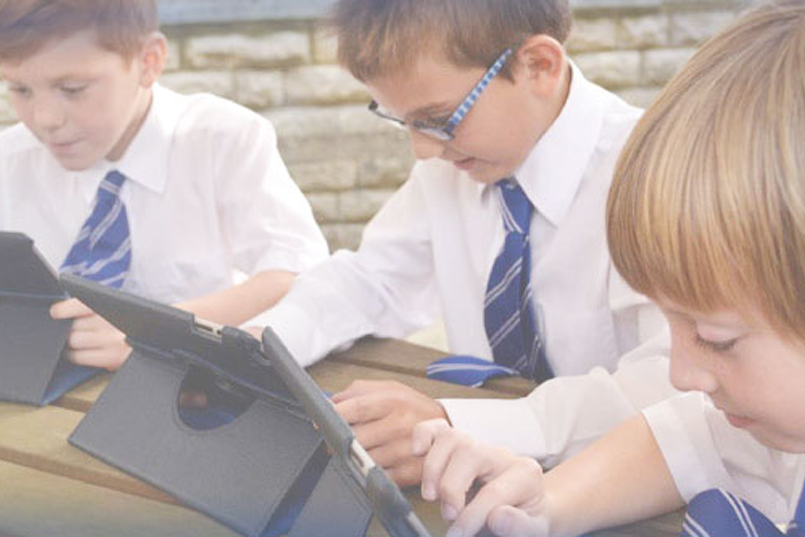
29 Jun Why should we use iPads in education?
The introduction of the iPad, with its easy to manipulate touch screen technology, has allowed even very young children to take advantage of a computer.
The iPad in the classroom brings education to life. Children can have endless access to information such as dictionaries and thesauruses. Interactive technology makes learning more engaging and memorable. Tools such as audio and video recorders can change the way learning and homework is completed. What if all children in a school were given iPads to use in class and take home with them?
Improvement in communication. Children can submit their homework by email or through a schools virtual learning environment. Teachers are also using iPads to take the register. There is now a centralised record of which children are in school and which classroom they are in. Children who previously did not have access to the internet at home are given the same opportunities as their peers.
Embracing technology within the classroom.
Jen Foster teaches English at Enfield County School in North London. In her school, all the teachers are provided with a laptop but only a select few have been given iPads. She does not believe that all the children in the school should be given iPads, “All the teachers should be given one but not the students. I just can’t see how it would work with the kids. So much hardware goes missing in schools as it is. Who would maintain them? Who would update them?”
In Enfield County School, teachers have embraced technology for education. The children may not have iPads, but Jen has a set of netbooks available that children can use during class. As an English teacher, she can bring pages of the books they are studying up on the interactive whiteboard, highlight text and make notes on the page, to turn the book into a working document. iBooks allows students to annotate their books, search the whole book for use of a phrase and find an instant definition of any word. As a result Jen says, “I don’t see this sort of technology as a threat to the ‘real book’. People will always read printed books, this just allows people greater flexibility which has definitely changed the way I teach.”
Read More: BBC Active



